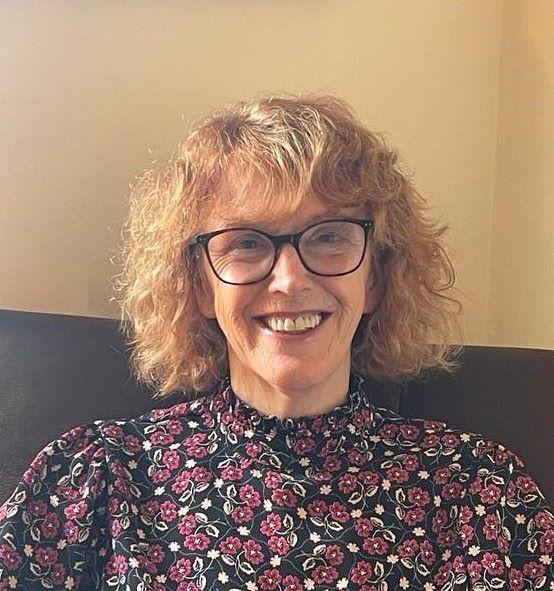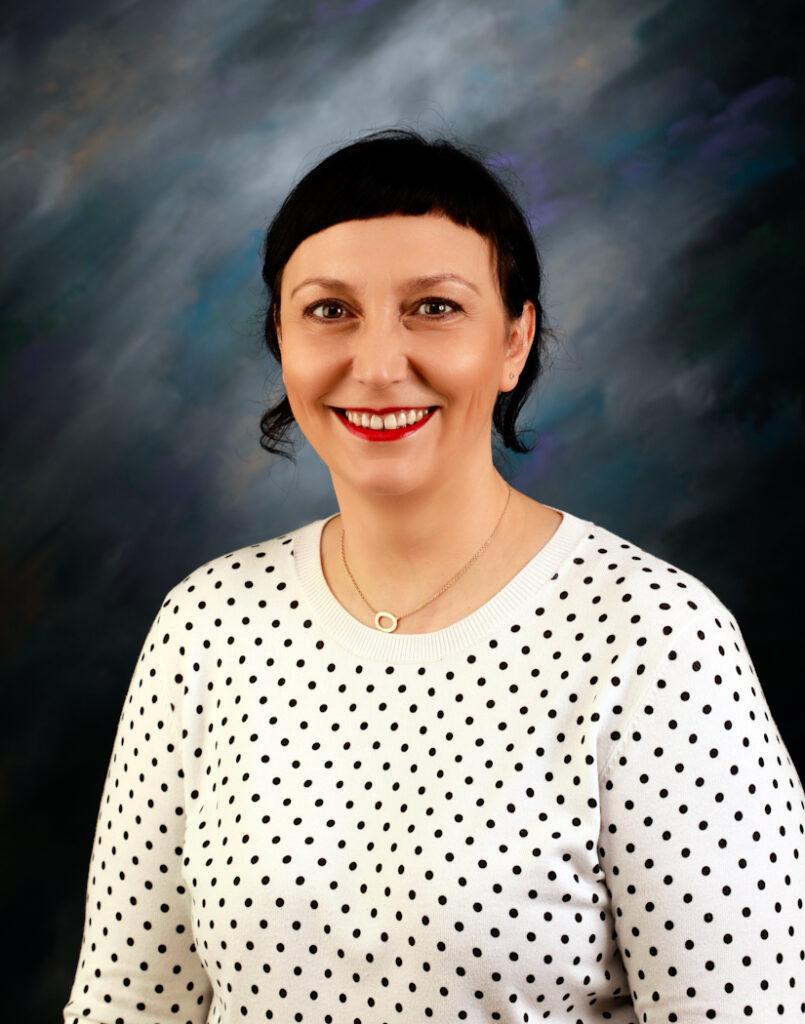What is EMDR Therapy?
Eye Movement Desensitisation and Reprocessing Therapy (EMDR) is a highly effective psychotherapy devised in 1987 by psychologist Dr. Francine Shapiro. Her chance discovery that her own distressing thoughts lost their intensity as she moved her eyes from side to side during a walk in the park led to her developing an eight phase therapy which initially was found to be highly effective in the treatment of PTSD. Although initial trials were conducted on traumatised military veterans with extreme symptoms including flashbacks, nightmares, intrusive thoughts / images and high levels of arousal, it soon became clear that EMDR therapy could also be effective in the treatment of a wide range of psychological problems. Ongoing research continues to confirm the efficacy of EMDR.
EMDR therapy at Mind and Body Works is available at our Dublin and Galway centres and online.

How does it work?
While many aspects of EMDR are mirrored in other therapies, what is unique to EMDR is the use of bilateral stimulations. These are typically eye movements, but therapists also use bilateral tones and/or tapping. The bilateral stimulations appear to emulate the processing that occurs during REM sleep, when the eyes move rapidly back and forth. The premise underpinning EMDR is that the surge of emotion which accompanies traumatic experiences causes memories to be locked into memory networks in the context of the original experience, with the sights, sounds, smells, feelings and beliefs that were present at the time. The experience is closed off from normal memory processing and the intensity is never reduced. The bilateral stimulations activate these memory networks connecting cognitive and emotional parts of the brain allowing normal adaptive processing to take place. At the same time the therapist brings the client’s attention to what is happening in the body as the experience is recalled, and checks for negative beliefs that are associated with the experience which are limiting the client in the present. EMDR differs from other therapies in that it is not necessary to divulge explicit details of the original experience. The clients holds an image of the experience in mind and is encouraged to ‘just notice’ what happens as bilateral stimulations are applied. Typically the experience loses its intensity and becomes another memory the client can access with appropriate levels of emotion but no distress.

How long will it take?
EMDR therapy encompasses eight phases. The first session will consist of a history taking, identifying all aspects of the client experience which may be contributing to present difficulties. This is followed by a preparation phase which may include stabilisation techniques if the person is experiencing high levels of distress. Treatment will not progress until the individual has access to some means of reducing distress between sessions. Phases three to six involve identifying specific targets for treatment, desensitisation using bilateral stimulations, and body scans to ensure that no symptoms persist. The closure phase ensures the client’s level of distress has been reduced prior to leaving the therapy room. Each subsequent session includes a review to assess what distress or disturbance may have been experienced since the last session. Phases three to eight may be repeated until all targets have been cleared and symptoms are alleviated.
Since each individual brings their own complexity of experience to therapy it is not possible to predict how many sessions might be required. For a highly functioning person with adequate support and a single incident of trauma three to six sessions can alleviate symptoms. However, since EMDR therapy can open up unexpected channels of experience and access material not currently available to awareness, the number of required sessions cannot be guaranteed.














